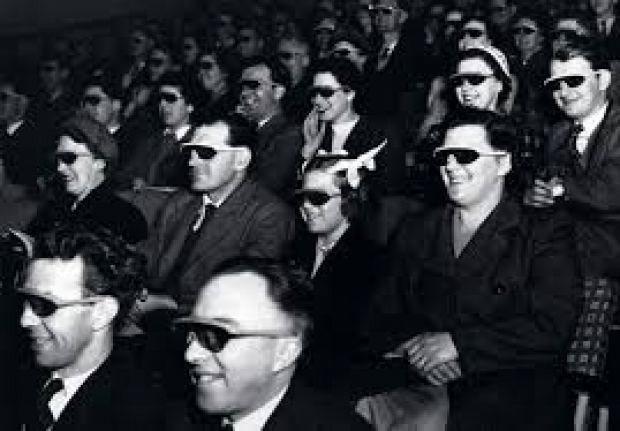The chips will power front- and rear-facing 3D cameras of models from several smartphone makers in 2019, with Sony kicking off mass production in late summer.
Sony sensor boss Satoshi Yoshihara declined to provide sales or production targets but said the 3D business is already operating profitably and will make an impact on earnings from the fiscal year starting in April.
Sony is providing software toolkits to outside developers so they can experiment with the chips and create apps that generate models of faces for communication or virtual objects for online shopping.
Yoshihara said: “Cameras revolutionised phones, and based on what I’ve seen, I have the same expectation for 3D. The pace will vary by field, but we’re definitely going to see adoption of 3D. I’m certain of it."
Yoshihara said Sony’s technology differs from the ‘structured light’ approach of existing chips which have limits in terms of accuracy and distance. Sony uses a method called ‘time of flight’ that sends out invisible laser pulses and measures how long they take to bounce back, which he said creates more detailed 3D models and works at distances of five meters.
Other uses include mobile games, which could involve creating virtual characters that interact with and navigate real-world environments, or ones that use hand gestures for control.




